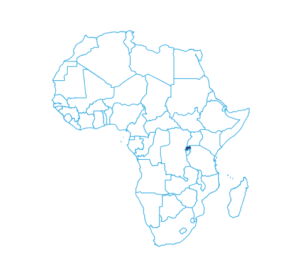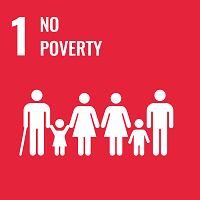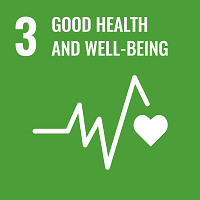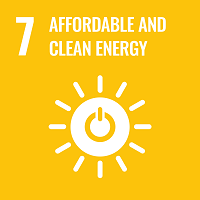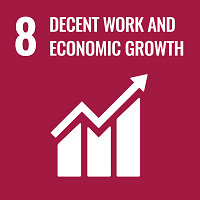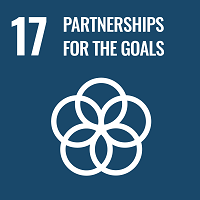Supports Rwanda's conditional updated NDC (2020) targets to reduce GHG emissions by 38% and install 68MW of solar PV mini-grids in rural areas by 2030. Project is in line with Rwanda’s long-term development plan, Rwanda 2050, as well as the National Strategy for Transformation (2017-2024), which aims to ensure 100% electricity access by 2035.
ARC Power Rwanda
UK-based developer ARC Power Ltd has entered into a Strategic Power Partnership with the Government of Rwanda to connect up to 148,000 people to clean electricity by the end of 2025 through the extension of the national grid and the construction of inter-connected mini-grids.
ARC Power Ltd has been a REPP investee since 2019, having secured GBP 900,000 in convertible loans to support the construction of a portfolio of mini-grids in Rwanda, which currently has an estimated national electrification rate of 30%, and just 12% in rural areas. This funding was matched by private Swedish impact investors.
As of 31 March 2023, REPP’s critical early-stage support had enabled ARC Power to finish construction of four mini-grid generation systems serving six distribution networks. These networks are providing electricity to 14 villages in Bugesera and Gatsibo Districts and have so far connected 10,463 people and 155 microbusinesses to power for the first time.
The energy is sold on a pay-as-you-go basis to off-grid customers who previously have had to rely on traditional energy such as kerosene, diesel and fuel wood. The portable and modular mini-grids were developed by ARC Power and can each connect between 100 and 600 households or businesses in a village, providing electricity for improved lighting and mobile charging, as well as appliances and machinery for productive use of energy, enabling the development of small businesses.
In October 2022, REPP partially exited its investment in ARC Power through repayment of the outstanding loan balance and partial conversion of accrued interest into equity.
As a shareholder, REPP will continue to support ARC Power as it pursues various development workstreams for distributed renewable energy solutions in Rwanda, Mozambique and Zambia. It is expected that if the developer’s private-public partnership with the Government of Rwanda is successful, the business model will catalyse interest from other countries in Sub-Saharan Africa.
Related articles:
- Read our Talking Points interview with ARC Power CEO Karl Boyce here.
Funding structure
Contracted date: 23 September 2022
Lending type: Equity
REPP funding: GBP 275,513
We see this new approach of working directly with national governments in Strategic Power Partnerships as a game-changer for energy access across the region and plan to replicate the model across a number of countries in Sub-Saharan Africa. We are delighted to have REPP on board as a shareholder for the next stage in our journey.- Karl Boyce, CEO, ARC Power

